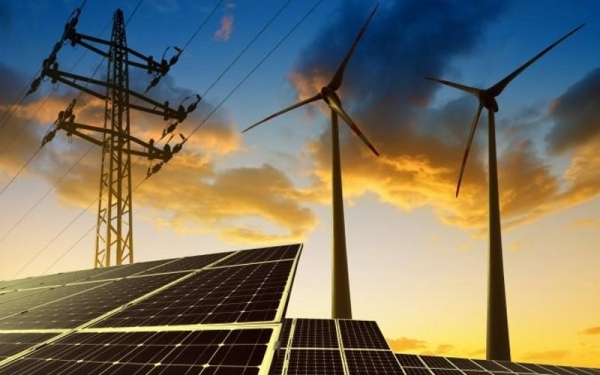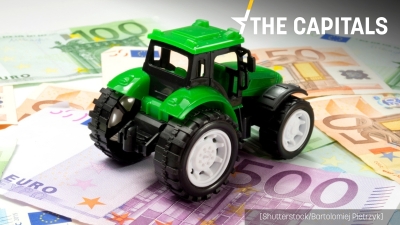For the Green transition, Azerbaijan seeks solidarity and partnership with Europe

As part of the EU’s Green Week 2023, the Sustainable Energy Hub brought together in Brussels decision makers from Azerbaijan, the European Union and beyond. They discussed how a country that’s become one of the EU’s most important sources of oil and gas is also leading the way towards a green transition and becoming a sustainable energy supplier, writes Political Editor Nick Powell.
“We can mitigate climate change through solidarity and partnership”, Azerbaijan’s ambassador to the EU, Vaqif Sadiqov, told an EU Green Week event that focussed on the potential for collaboration and growth through sustainable investment in his country. A reliable supplier of energy to Europe, accounting for some 5% of both the EU’s oil and its gas, Azerbaijan’s main priorities include sustainably growing a competitive economy and being green growth country with a clean environment.
Henrik Hololei, from the European Commission’s Directorate-General for International Partnerships, argued that the transformation was both desirable and inevitable. Azerbaijan could add sustainability, which is increasingly important to investors, to the stability and rule of law that they also crave. Echoing the Ambassador’s words, he said that the EU, through its Global Gateway project, wanted to develop transportation, energy and connectivity with Azerbaijan “in a spirit of partnership”.
As well as the massive possibilities for solar and wind power, Mr Hololei saw great potential in Azerbaijan for green hydrogen production, required to decarbonise heavy industry. The EU plans to import as much green hydrogen as it expects to produce in the member states; the Energy Counsellor at the Azerbaijan Embassy, Elshan Abdulazimov, said discussions were at an early stage but were underway as part of the Green Dialogue with the European Union.
Mr Abdulazimov observed that sustainability had been defined as meeting the needs of the present generation without compromising future generations. At present 20% of the world’s population accounts for 80% of the consumption of resources. The European targets were very important to Azerbaijan as the EU accounted for half of the country’s foreign trade. His country had to respond positively to the new carbon adjustment mechanism.
Pierre Tardieu, Chief Policy Officer at Wind Europe, described Azerbaijan as an energy powerhouse with the expertise to diversify. He said the country had a competitive edge, particularly when it came to wind power and green hydrogen. Statistics provided by Azpromo, the Azerbaijan Export and Investment Promotion Agency, reinforce his point.
Currently foreign investors are engaged in the construction of three solar and wind plants with a capacity of 710 megawatts. At present, renewable energy resources, including large hydropower plants, can produce 1,304.5 megawatts, which is 17.3% of total capacity. The ambitious target is to increase renewable electricity generation to 30% of the country’s overall energy balance by 2030.
AdvertisementThe potential for offshore wind power in the Caspian Sea is huge, at an estimated 157 gigawatts. On land, the main potential is for 23 gigawatts of solar energy. Export of electricity to Europe is envisaged through a cable via Georgia and the Black Sea.
Azerbaijan is a crucial transport and logistics hub on the rapidly developing Middle Corridor between Asia and Europe, a route not just for energy but for vital raw materials and finished goods. Ambassador Sadiqov noted that the European Union is engaged in a new outreach to the states of Central Asia. He said that Azerbaijan would be glad to participate in the EU’s progress in that region and that it was important to go beyond traditional divisions into regions such as Central Asia and the South Caucasus.
Henrk Hololei from the European Commission said geopolitics is not only about regions, it is about connecting regions. He observed that the world will never be the same as it was before 24 February 2022, the day Russia launched its full-scale invasion of Ukraine.
Share this article:



